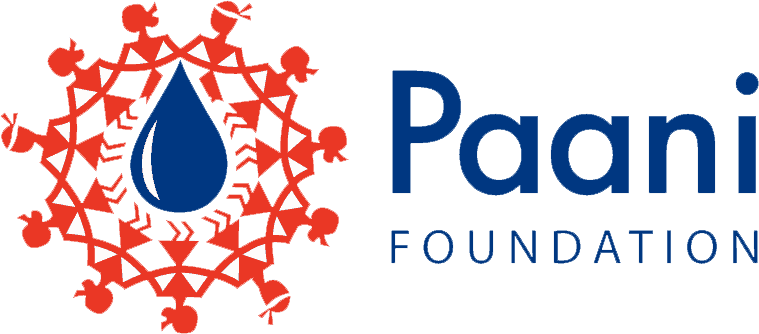Help steward the creation of the Atlan Ecovillage on 152 beautiful acres!
http://www.permaculturerising.com/advanced-permaculture-atlan-center-ecovillage/
May 28-31, 2015
Working closely with the Atlan community we will be offering an ongoing advanced design series to map the land, help craft the vision and goals with the people who live and work there, create the site master plan, teach hands-on skills intensives, and much more.
We invite you to be an early permaculture team helping to launch this vision. We need working models of resilient community and this one will be a shining star. We look forward to meeting you, learning with you, and designing with you.
*Registration Link:
https://www.eventbrite.com/e/advanced-permaculture-mapping-course-at-atlan-ecovillage-tickets-16253422424
Instructor: Andrew Millison
Masterplan Concept rendering (1)
Course Topics:
Advanced Base Mapping for 152 acre site
Advanced Site Assessment and Analysis
Ecovillage Design Principles & Planning
Advanced Zones and Sectors: Designing for Multiple Centers
How to Work as a Consultant:
Facilitating Client Community Interviews
Preparing & presenting a Bid and Estimate
Atlan
Course Includes:
- 4 days in the verdant forest of the Columbia Gorge w/ 3 nights camping; 3 consciously catered meals per day
The Land:
Atlan community has landed on 152 acres just north of White Salmon, Washington. The land of Atlan is nestled in the Buck Creek and Mill Creek watersheds flowing into the exquisite and recently un-dammed White Salmon River. Diverse micro-climates and beautiful southern slopes overlook the scenic Columbia River Gorge with year round streams. There are stands of second growth Douglas fir, riparian transition zones, and oak savannah, providing a rich variety of flora and fauna.
The Community:
In 2007, Atlan emerged from spontaneous conversations about the need and passion for creating conscious land based community. We came together through meetings and celebrations and our resonance and dedication to the process continued to evolve. This group of 7 founding members formed ATLAN LLC (Atlan Living Learning Center) in August 2010. In the time since we have deepened our connections with local community, building resonance through working on the land and gardening together, holding quarterly Councils and Seasonal Celebrations.
Vision:
Atlan is a living and learning ecovillage dedicated to the artful co-creation of healthy living systems celebrating the connectedness and diversity of all Life.
Mission:
Atlan provides sanctuary for the creation of sustainable culture through the holistic integration of healing, art, and design. Our ecovillage demonstrates permaculture and regenerative principles while engaging a network of resonant communities.
Atlancenter.org
*Registration Link:
https://www.eventbrite.com/e/advanced-permaculture-mapping-course-at-atlan-ecovillage-tickets-16253422424
Costs & Payment Schedule:
- Course fee: $325 before April 15th $375 after
- Lodging fee: $175 4 days 3 nights camping includes 3 consciously crafted meals per day
Process & Timeline:
Registration will be held on eventbrite and payments will be accepted through paypal, personal checks or cash
Maximum 20 participants Minimum 10
Must have 10 signups by May 14th to run
4 Atlan Community Course Scholarships (does not include lodging)
Questions? Contact
keala@atlancenter.org













